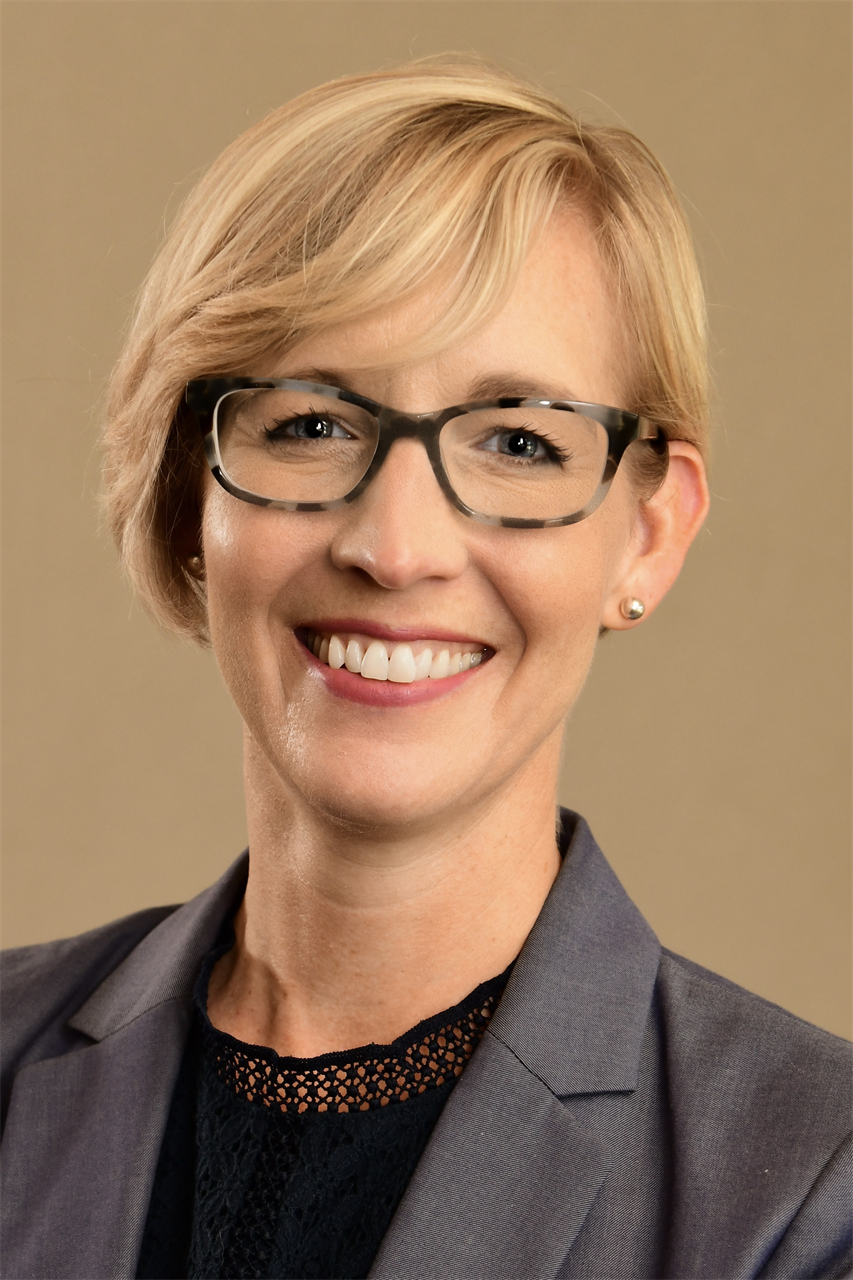By Tracy Lucht
 We are a few months past our conference in Memphis, and I have been reflecting on some conversations that took place there. As I hope it did for you, the 2022 conference energized me and renewed my confidence in the relationships this group nurtures. The state of our organization is strong. However, it is clear we must pay attention to external headwinds as we chart a sustainable course forward.
We are a few months past our conference in Memphis, and I have been reflecting on some conversations that took place there. As I hope it did for you, the 2022 conference energized me and renewed my confidence in the relationships this group nurtures. The state of our organization is strong. However, it is clear we must pay attention to external headwinds as we chart a sustainable course forward.
Looking at the landscape of higher education, I see some immediate challenges for our field, namely:
- Budget cuts in higher education, particularly in the liberal arts. At my own institution, Iowa State’s College of Liberal Arts and Sciences has instituted a multiyear effort to “reimagine” each of its departments. While the journalism school received a midrange reduction of about 10% on top of previous cuts, the history department faces a cumulative 34% cut, effectively ending its graduate program. The American Historical Association wrote a letter to the university denouncing the action: “To decimate a history department is a lose-lose proposition: it deprives students of essential learning and skills, even as it strips a university of the essential perspectives and intellectual resources so necessary to confront the present and shape the future,” the group’s president and executive director wrote.
Budget cuts mean less money for research and travel, along with higher course loads and curricular constraints. Budget models like Iowa State’s that reward student credit hours incentivize service courses with high enrollments over smaller, skills-based courses, which poses a challenge for professionally based, ACEJMC-accredited programs.
AJHA will need to advocate for our members, as we always have, while looking for ways to reinforce the importance of history in the curriculum. One area we might consider is news and media literacy, which is gaining traction among administrators who see it as part of a well-rounded education. Building on the efforts of former AJHA president Donna Lampkin Stephens as well as a board discussion in Memphis, the History in the Curriculum Committee will consider ways to leverage our expertise to meet a need and demonstrate value to administrators.
- Opposition to diversity, equity, and inclusion (DEI). Sadly, my home state again serves as an example. Last year, the Iowa Legislature passed a “divisive concepts law” that prohibits K-12 schools and public universities from teaching certain ideas related to sexism and racism in required trainings and courses. Similar legislation has been passed in more than 20 other states, leading to a statement from the AHA and other scholarly groups about the infringement on academic freedom and the need for accuracy in history. “Educators owe students a clear-eyed, nuanced, and frank delivery of history, so that they can learn, grow, and confront the issues of the day, not hew to some state-ordered ideology,” the statement reads.
While these laws represent a challenge to academic freedom broadly, the topics targeted for censorship are quite specific. Alongside efforts to ban certain books from schools and public libraries, proponents are clearly and directly challenging perspectives from historically marginalized groups, including LGBTQ+ people and people of color. Coupled with a rise in antisemitism and violent rhetoric, the danger to individuals and institutions is clear.
What can AJHA do? We can promote scholarship in underrepresented areas, as a recent call for microgrant proposals from Journalism History and American Journalism aims to do. This year’s effort focuses on the intersection of media history with “race/ethnicity, gender/sexuality, class, religion, disability, mental health, and/or rural populations.” Not only does this initiative support members conducting research in these areas, but it also helps to correct and complete the historical narrative at a critical juncture.
We can also be mindful of our organization’s practices and positions. Should we be more vocal about legislation and policy decisions we view as harmful to our field and our organization’s members? How can we as an organization work toward greater inclusivity and belonging?
I welcome your thoughts and feedback.
Tracy Lucht is is First Vice President of AJHA and a professor at the Greenlee School of Journalism/Communication at Iowa State University. Reach her at: tlucht@iastate.edu.

